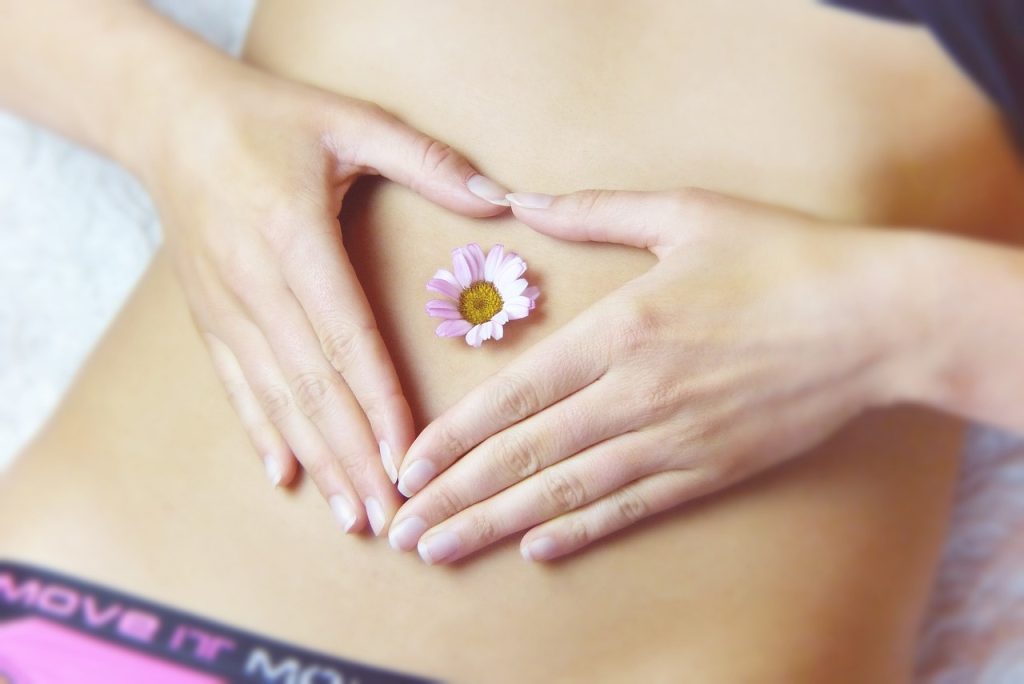Vacation is a time to relax, unwind, and create beautiful memories with loved ones. However, sometimes the unexpected can happen, and dealing with poop problems during your getaway can quickly turn a dream vacation into a less-than-ideal experience. Whether it’s traveler’s diarrhea, constipation, or simply adjusting to new bathroom environments, these issues can be both embarrassing and uncomfortable. To ensure your vacation stays smooth sailing, here are eight essential tips to handle poop problems while away from home.
1) Hydrate, Hydrate, Hydrate:
Staying hydrated is crucial for maintaining good digestive health. It helps prevent constipation and supports regular bowel movements. While on vacation, especially in warmer climates or high altitudes, make a conscious effort to drink plenty of water throughout the day. Avoid excessive consumption of caffeinated or alcoholic beverages, as they can lead to dehydration and worsen digestive issues.
2) Stick to Familiar Foods
Trying new cuisines is one of the joys of traveling, but sudden dietary changes can upset your digestive system. Gradually introduce local delicacies and street foods to minimize the risk of traveler’s diarrhea. Prioritize cooked foods over raw options, and consider taking digestive enzyme supplements if you have a sensitive stomach. Always wash your hands before eating and carry hand sanitizer for times when soap and water are not readily available.
3) Pack a Travel First-Aid Kit:
Prepare a travel first-aid kit that includes essentials for dealing with poop problems. Include over-the-counter medications for diarrhea and constipation, oral rehydration salts, wet wipes, and a small toilet paper roll. Having these items readily available can provide much-needed relief and peace of mind during unexpected situations.
4) Be Mindful of Food Hygiene:
When dining out during vacation, be cautious about the cleanliness of restaurants and food stalls. Look for places with good hygiene practices and high customer turnover. Avoid eating from street vendors whose food handling methods may not be up to standard. Remember that even seemingly safe tap water in some countries can lead to gastrointestinal issues, so opt for bottled water when in doubt.
5) Respect Your Body’s Schedule:
Traveling can disrupt your usual daily routine, including your bathroom schedule. Listen to your body’s natural cues, and do not ignore the urge to go. Holding it in can lead to constipation and discomfort. If you’re going on long trips or using public transportation, plan for bathroom breaks along the way.
6) Prioritize Fiber in Your Diet:
Fiber is your friend when it comes to maintaining healthy bowel movements. While on vacation, try to include fiber-rich foods like fruits, vegetables, whole grains, and nuts in your diet. These foods promote regularity and help prevent constipation. If your vacation spot lacks fiber-rich options, consider packing some snacks or supplements to maintain your fiber intake.
7) Get Active
Vacation often involves indulging in delicious meals and relaxing on the beach, which can lead to a more sedentary lifestyle. Incorporate physical activities like walking, hiking, or swimming into your daily routine. Exercise stimulates bowel movements and helps alleviate constipation. Plus, it’s an excellent way to explore your destination and burn off those extra vacation calories!
8) Seek Medical Help if Necessary
If your poop problems persist or become severe, don’t hesitate to seek medical attention. Delaying treatment can worsen the issue and ruin your vacation entirely. Most tourist destinations have medical facilities or English-speaking doctors who can help diagnose and treat your condition.
Dealing with poop problems during vacation is undoubtedly not on anyone’s itinerary, but with proper preparation and mindfulness, you can minimize their impact on your travels. Remember to prioritize hydration, be cautious with your food choices, and respect your body’s signals. Incorporate fiber-rich foods into your diet and maintain an active lifestyle to support healthy digestion. Above all, seek medical assistance if needed, and don’t let these issues overshadow your well-deserved vacation time. Happy and healthy travels!


